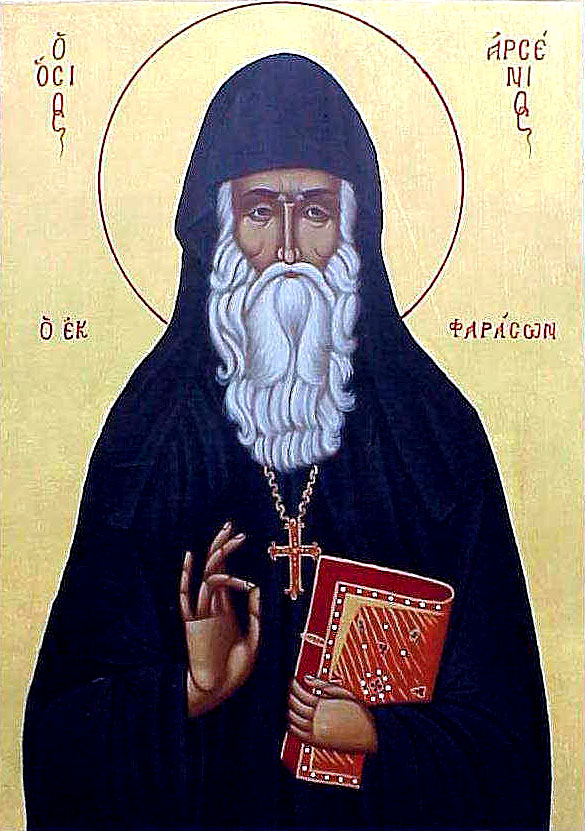The Church in Greece
In 1907, Father Eusebios Matthopoulos (1849–1929) founded the Zoe Brotherhood in Greece, an organization dedicated to the “enlightenment” and “reevangelization” of Christian Greece. The Brotherhood founded thousands of Sunday schools and study groups. However, it also brought some Protestant doctrines, practices, and forms of piety into the life of many Greek Orthodox Christians.
The first quarter of the century saw the influx of many Greeks from the Turkish territories into Greece, particularly at the time of the Greco-Turkish War of 1919–1923 in which Greece was defeated by the newly emerging Republic of Turkey led by Mustafa Kemal Ataturk (1881–1938). In this era the Patriarchate of Constantinople lost a vast number of members, many of whom emigrated to other places, including the New World. This natural emigration was forcefully increased by the so-called “population exchange” of 1923–1924. As stipulated by the Treaty of Lausanne of 1923, signed by all the major European powers, Greece agreed to deport as many Turks as possible to Turkey, and Turkey in turn agreed to deport as many Greeks as possible to Greece and the Greek islands.

This was deemed the best solution to the recurring animosity between the Greeks and Turks in Turkey. But it was a violent measure in itself; hundreds lost their lives in the forced marches of this population exchange. At the age of 83, Saint Arsenios of Cappadocia (1840–1924) successfully shepherded some 480 families from Cappadocia, in central Turkey, to the Greek islands in the population exchange. He died on one of the Aegean islands forty days after his arrival there, just as he had predicted.
In 1923 the Church of Greece adopted the Revised Julian Calendar, and the State banned the use of the old Julian Calendar everywhere except on Mount Athos. This led to the rise of several Old Calendarist groups which were persecuted by the State. This persecution added to the strength of these groups, which exist to the present day in schism from the Church.
Christians in Greece suffered persecution during the civil war (1944–1948) between Royalists and Communists. Then, the coup of the military junta in 1967, as well as its subsequent overthrow in 1974, brought turmoil in Church affairs, particularly at the hierarchical level.
In recent times, the Church has shown leadership in supporting new Orthodox communities in Africa, and in reaching out to the youth of modern Greece. In 2013 the ruling hierarch of the Church of Greece was Archbishop Ieronymos (Liapis) (b. 1938), who followed the popular Archbishop Christodoulos (Paraskevaidis) (r. 1998–2008).
